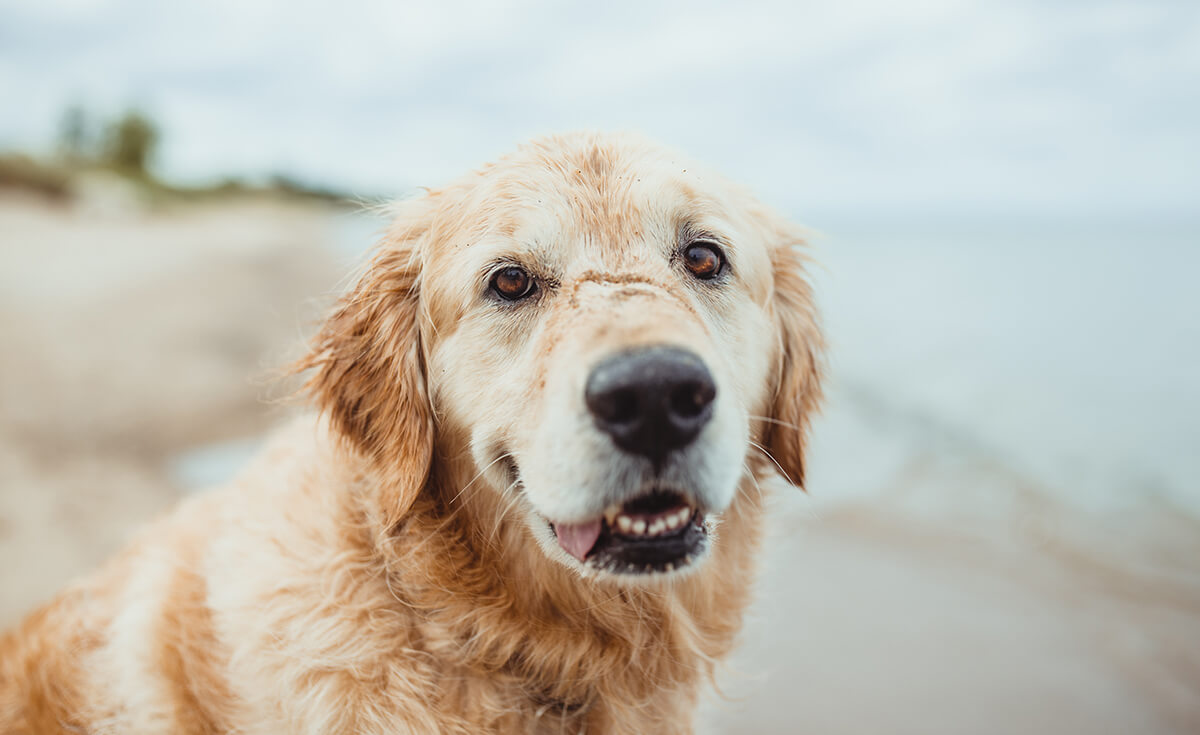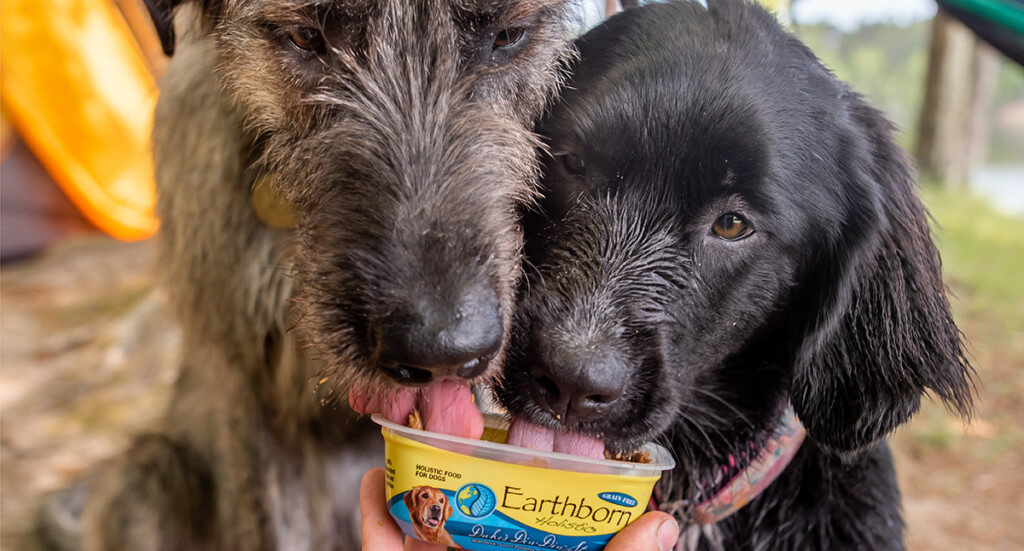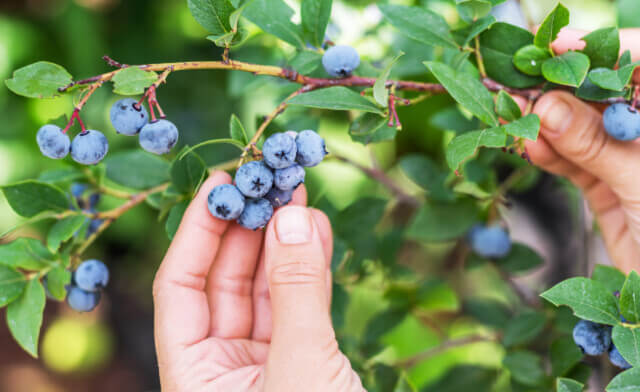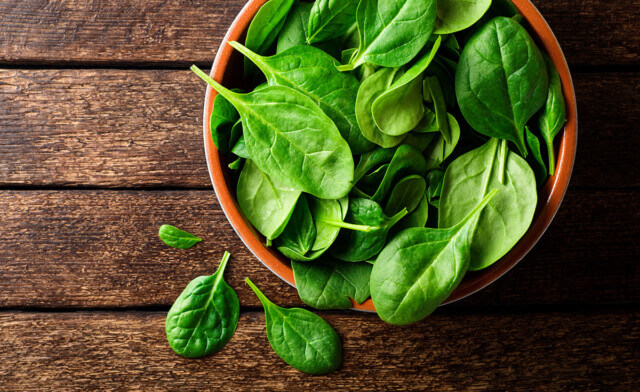What to Know About Your Senior Dog Food
As our beloved canine companions age, their nutritional needs change. And providing the proper nutrition throughout their senior years is essential for maintaining their overall health and wellbeing.
In this article, we’ll explore the importance of selecting the right senior dog food, the unique requirements of older dogs, and how to make informed decisions when it comes to feeding your aging furry friend. By understanding these key aspects, you can ensure that your senior dog continues to thrive and enjoy a high quality of life throughout their golden years.

Understanding the nutritional needs of your senior dog is crucial. Whether it’s managing disease, handling weight changes, improving digestion, including more oils and nutrients, helping with dental issues, managing arthritis, or handling caloric needs, the right food can make all the difference. Let’s explore these aspects in more detail.
It Can Manage Disease
As dogs age, they may become more susceptible to certain diseases. This is where the right diet can play a significant role. If you’ve noticed that your old dog is getting skinny, it might be a sign of an underlying health issue. In such cases, it’s important to consult with your vet and consider switching to the best dry dog food for older dogs.
This is particularly important for old small dogs, that may require more calories per pound of body weight due to their faster metabolism. In these cases, a calorie-dense diet can help maintain a healthy weight. If your senior dog has dental issues or reduced jaw strength, soft dry dog food for older dogs can be a good option. These foods are easier to chew and digest, and they’re sometimes fortified with additional vitamins and minerals.
Understanding the difference between senior dog food and regular dog food is also essential. Senior dog food is typically formulated with the specific needs of older dogs in mind. For instance, the best wet dog food for diabetic dogs is specifically formulated to manage blood sugar levels, helping to keep your diabetic dog healthy.
Similarly, the best dog food for dogs with heart disease is designed to support heart health. These foods are typically low in sodium and high in omega-3 fatty acids, which can help reduce inflammation and support heart health.
It Can Handle Weight Changes
Weight changes are a common issue in senior dogs. As dogs age, their metabolism slows down, which can lead to weight gain. Some senior dogs may also lose weight due to health issues or decreased appetite. If you’re wondering how to help old dogs gain weight, choosing the best dog food to gain weight can be a good start. These foods are typically high in protein and healthy fats, which can help your dog maintain a healthy weight.
Conversely, if your senior dog is prone to weight gain, senior weight control dog food like our Weight Control recipe can help manage their weight. These foods are typically lower in calories and higher in fiber, helping to keep your dog feeling full without overloading them with calories.

Understanding why old dogs lose weight can help you make informed decisions about their diet. Weight loss in senior dogs can be due to a variety of factors, including dental issues, digestive problems, or underlying health conditions. If you’re looking to help your senior dog gain weight, consider foods high in protein and healthy fats. These nutrients can help support muscle mass and provide your dog with the energy they need.
If your senior dog is overweight, the best dog food for weight loss and joints can be a good option. These foods are typically lower in calories and higher in fiber, helping to promote weight loss while supporting joint health. Overweight dogs are more prone to joint issues, so a diet that supports joint health can be beneficial.
It Can Improve Digestion
As dogs age, their digestive system can become more sensitive. This is where the best senior dog food comes into play. These foods are specifically formulated to be easily digestible and gentle on the stomach. They often contain probiotics and prebiotics, which can help support a healthy gut microbiome and improve digestion.
Limited ingredient senior dog food can be particularly beneficial for dogs with food sensitivities or allergies. These foods contain fewer ingredients, reducing the chance of your dog having a reaction. They’re also typically made with high-quality, easily digestible proteins to support your dog’s overall health.
If your senior dog is having trouble chewing hard kibble, softening dry dog food can make it easier for them to eat. This can be particularly beneficial for dogs with dental issues or reduced jaw strength. You can soften dry dog food by adding a little warm water or low-sodium broth, making it easier for your senior dog to chew and swallow.
And if you’re wondering when should I switch my dog to senior food, it’s generally recommended to make the switch around the age of seven, but this can vary depending on your dog’s breed, size, and overall health. Always consult with your vet to determine the best time to make the switch.
It Can Include More Oils and Nutrients
Senior dogs require a diet rich in essential nutrients to support their overall health. Foods rich in iron can help prevent anemia, while high-quality proteins support muscle mass. Other important macro and micro-nutrients, such as omega fatty acids, vitamins, and minerals are also important for senior dogs. The best wet senior dog food will contain these nutrients in abundance.
If your dog prefers dry food, consider lamb and rice senior dog food. This type of food is not only tasty but also packed with essential nutrients. Lamb is a high-quality protein source, while rice is easy on the stomach and can help support digestion.
If you’re looking for a good high protein dog food, consider options with lean meats as the primary ingredient. High-quality proteins can help support muscle mass and provide your dog with the energy they need. And if your senior dog has heart issues, low sodium senior dog food can be a good option. These foods are typically lower in sodium, helping to support heart health.
It Can Help With Dental Issues
Dental issues are common in senior dogs, which can make eating hard kibble a challenge. Choosing soft dog food for dogs with bad teeth can make mealtimes easier and more enjoyable for these dogs.
These foods are softer and easier to chew, reducing the strain on your dog’s teeth and gums. They can also be easier for dogs with reduced jaw strength to eat. If your dog has bad teeth, choosing a dog food for dogs with bad teeth can definitely help, so it’s worth looking into.
Similarly, if your dog has no teeth, the best dog food for dogs with no teeth can be a lifesaver. These foods are typically wet or semi-moist and can be eaten without the need for chewing. They’re also typically easier to digest, making them a good option for senior dogs with sensitive stomachs.

It Can Manage Arthritis
Arthritis is a common issue in senior dogs, causing pain and reducing mobility. The best dog food for arthritic dogs is formulated to support joint health and reduce inflammation. These foods typically contain ingredients like glucosamine and chondroitin, which are known to support joint health.
If your dog has arthritis, consider switching to a soft dog food for old dogs. These formulas are easier to chew, reducing the strain on your dog’s joints. And if you’re looking for the best dog food for senior dogs with arthritis, consider options that contain high levels of Omega-3 fatty acids, which can help reduce inflammation.
In addition to the right diet, there are also elderly dog products available that can help manage arthritis. These include orthopedic beds, joint supplements, and even certain toys designed to promote gentle exercise and joint mobility. Always consult with your veterinarian to determine the best management plan for your arthritic dog.
It Can Handle Caloric Needs
As dogs age, their caloric needs can change. Some dogs may need fewer calories to prevent weight gain, while others may need more calories to maintain a healthy weight. High calorie food for senior dogs can be beneficial for dogs that are underweight or have a high activity level.
If you’re looking for the best diet for senior dogs, consider their individual caloric needs. Smaller breeds typically require more calories per pound of body weight, so the best food for small senior dogs will be calorie-dense. The best canned dog food for older dogs can also be a good option for dogs that need to maintain a healthy weight.
In addition to considering the caloric content of the food, it’s also important to consider the quality of the calories. Foods that are high in protein and healthy fats can provide your senior dog with the energy they need, while also supporting their overall health. High calorie senior dog food often contains these nutrients in abundance, making it a good option for underweight dogs or those with a high activity level.
Finally, it’s important to remember that every dog is unique, and their caloric needs can vary based on factors like their size, breed, activity level, and overall health. Always consult with your vet to determine the best diet for your senior dog. They can provide personalized advice based on your dog’s individual needs and help ensure they’re getting the right balance of nutrients.
Top Takeaways
To wrap up this article, let’s recap the key points to remember when it comes to senior dog nutrition. Remember, providing proper nutrition is key to ensuring your senior dog enjoys a high quality of life throughout their golden years.
- Understanding the nutritional needs of your senior dog is critical. As dogs age, their dietary requirements change. It’s crucial to select a diet that meets their unique needs and supports their overall health.
- The right diet can manage disease. The right diet can help maintain a healthy weight, manage blood sugar levels in diabetic dogs, support heart health in dogs with heart disease, and address dental issues or reduced jaw strength.
- Senior dog food can handle weight changes. Older dogs can experience weight gain due to slower metabolism or weight loss due to health issues or decreased appetite. Specific senior dog food options can help manage these changes.
- Senior dog food can improve digestion. Older dogs may have more sensitive digestive systems. Senior dog food is often designed to be easily digestible and may include probiotics and prebiotics.
- A diet rich in essential oils and nutrients is crucial. Make sure your senior dog’s food contains appropriate levels of protein, fat, fiber, vitamins, minerals, fatty acids, and other nutrients to support their overall health.
- Soft dog food can help with dental issues. Dental problems can make eating hard kibble challenging for senior dogs. Soft dog food, which is easier to chew and swallow, can help mitigate these problems.
- Specific dog foods can manage arthritis. The best dog food for arthritic dogs typically includes ingredients like glucosamine and chondroitin, known to support joint health.
- Understanding your dog’s caloric needs is essential. Caloric needs can vary in older dogs. High calorie food can be beneficial for underweight dogs or those with a high activity level, while food with fewer calories can be a good option for dogs prone to weight gain.
- Always consult your vet for personalized advice. Every dog is unique, and their nutritional needs can vary based on size, breed, activity level, and overall health. Your vet can provide advice tailored to your senior dog’s specific needs.
By providing the proper nutrition and care, you can help your aging canine companion thrive and continue to bring joy and companionship to your family. So, keep these tips in mind to ensure your senior pup stays healthy and happy!




